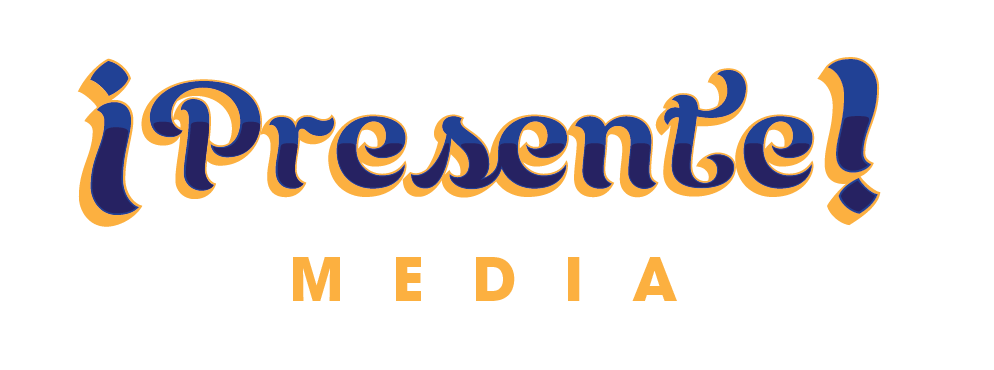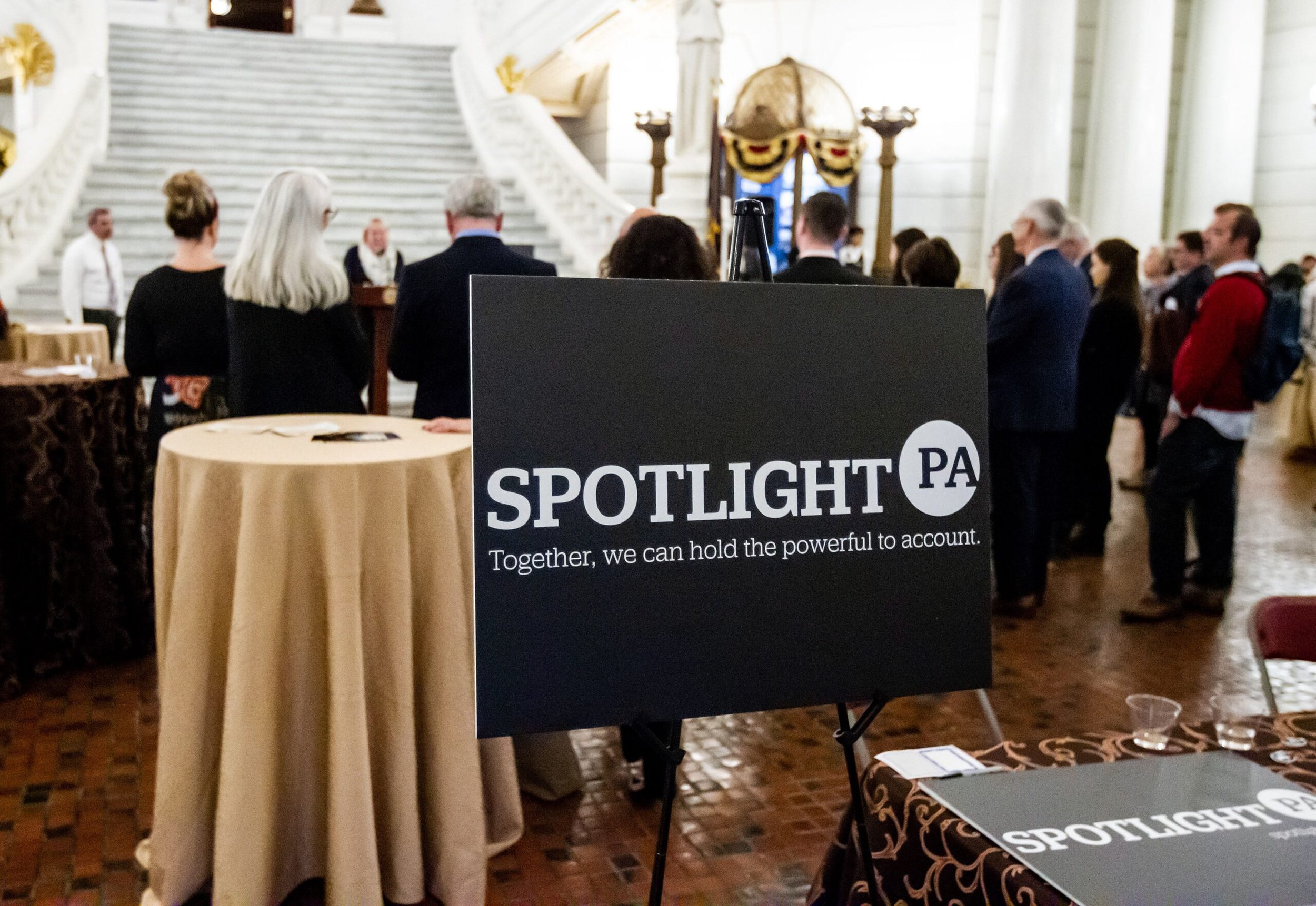What is Fulton v. City of Philadelphia?
BY KRISTAL SOTOMAYOR AND LAURA ANAYA-MORGA ON JUNE 17, 2021
Editorial support by Michelle Myers
Six years after the U.S. Supreme Court held arguments over same-sex marriage, the Court readies to decide whether or not barring religious organizations that do not adhere to nondiscriminatory statutes from contracting with the government is a violation of the First Amendment. (Photo credit: Ted Eytan, Flickr)
In March 2018, the City of Philadelphia learned that two of the private agencies entrusted with providing foster care services to children under the city’s care refused to consider same-sex couples as potential foster parents due to religious beliefs. According to the city, Bethany Christian Services (BCS) and Catholic Social Services (CSS) were in violation of the Philadelphia Fair Practices Ordinance, a nondiscriminatory statute, by being city contractors funded by taxpayer money but refusing to work with the LGBTQIA+ community. Thus, Philadelphia refused to renew their contract unless the agencies abided by the ordinance.
According to the Philadelphia Inquirer, BCS and CSS collected around $3 million a year from the city foster care reimbursement and had placed over 230 children in Philadelphia foster homes. Once their services were barred, the city put an urgent call for 300 more foster families. However, the American Civil Liberties Union (ACLU) shared that Philadelphia continued to contract CSS for other foster care services, including case management and operating group homes, where CSS was willing to comply with the nondiscriminatory statute.
In the end, Bethany Christian Services complied with the nondiscrimination statute but Catholic Social Services refused. CSS filed a lawsuit against the city citing the First Amendment as granting them the “right to opt out of the nondiscrimination requirement.”
After years of dispute, the case now awaits the Supreme Court decision. The main question is whether or not the government violates religious agency’s First Amendment rights by requiring them to consider same-sex couple's applications to become foster parents. This is the rundown on how Fulton v. City of Philadelphia got here and what the outcome could mean.
Why Fulton?
On behalf of CSS, foster parents Sharonell Fulton, Cecelia Paul and Toni Lynn Simms-Busch signed as plaintiffs, in the original lawsuit, citing their concern about having their foster children taken away and not being able to foster again if the CSS program closed. At the time, Paul had worked with CSS for over 46 years and fostered 133 children, Simms-Busch was taking care of 2 young children and Fulton had fostered more than 40 children for over 25 years, including kids with special needs. Fulton’s name was first in order of appearance on the lawsuit making it the name of the case.
Before the Supreme Court
The first trial took place in July 2018, resulting in the local district court ruling in favor of Philadelphia. Back then, the court determined that Philadelphia’s nondiscriminatory statute did not violate CSS’ religious rights because of the City’s interest in ensuring a diverse, broad pool of foster parents and making sure that taxpayers were not denied access to the services provided by the contracts. However, the Catholic Social Services did not agree and decided to appeal the decision.
In April 2019, CSS and the City of Philadelphia presented their case in the U.S. Court of Appeals. On April 22th, the Third Circuit rejected CSS’ argument and affirmed the district court’s 2018 ruling. According to the Third Circuit, although religious beliefs are always protected, religiously motivated conduct does not get exemptions from neutrally applied legal requirements like Philadelphia’s nondiscrimination ordinance. CSS did not agree with the outcome and decided to take the case to the Supreme Court.
Fulton v. City of Philadelphia at the Supreme Court
Almost a year later, in February 2020, the Supreme Court granted the appeal to try the case. By then, Sharonell Fulton and Toni Simms-Busch were the plaintiffs on behalf of CSS. The Support Center for Child Advocates and Philadelphia Family Pride, represented by The ACLU and the ACLU of Pennsylvania, supported the City of Philadelphia. Their oral arguments would not be heard until Nov. 4.
Four months in, while the Supreme Court still awaited oral arguments, the Trump Administration’s Department of Justice filed a brief in support of the CSS. “The United States has a substantial interest in the preservation of the free exercise of religion. It also has a substantial interest in the enforcement of rules prohibiting discrimination by government contractors,” said the then Solicitor General Noel Francisco.
In an amicus curiae brief submitted on August 20th, 2020, Family Equality, a national organization that connects, supports, and represents LGBTQIA+ parents and their children, highlighted the stories of LGBTQIA+ families who had experiences discrimination within the foster care system. The result was a series of testimonies on how agencies’ discriminating against same-sex couples delay the availability to find homes to children in need and leave them in the system even though there is a family willing to care for them. It also highlights that these discriminatory policies keep siblings apart when there is a family able to keep them together and deters qualified parents from fostering.
Nine months after taking the case, the Supreme Court was able to hear the oral arguments on Nov. 4, 2020. The CSS claimed that the City of Philadelphia cannot infringe on their religious freedom. According to Becket Law, who represents Fulton and Simms-Busch, “As part of the Catholic Church, [CSS] can’t endorse same-sex or unmarried couples as agency partners serving foster children in need. Instead, Catholic Social Services will help these couples find another agency that can partner with them.”
Although several incidents nationwide have prompted similar legal disputes, as of Nov. 2020, Fulton v. City of Philadelphia is the first case involving foster care, adoption and LGBTQIA+ rights to make it to the Supreme Court. The outcome will go beyond foster-care and Philadelphia.
Since the argument is about whether or not agencies, contracted by the government and that receive taxpayer money, can violate a nondiscriminatory statute on the basis of religion. The outcome of this case will impact every single contract agency that provides any kind of service for any local government in the U.S..
Taking in consideration that, during the Trump administration, the Court has become more conservative with Neil Gorsuch, Brett Kavanaugh, and Amy Coney Barrett being appointed, the stakes are high.
Update: Thursday morning, the Supreme Court ruled on the case backing the CSS. Read more on the decision.











